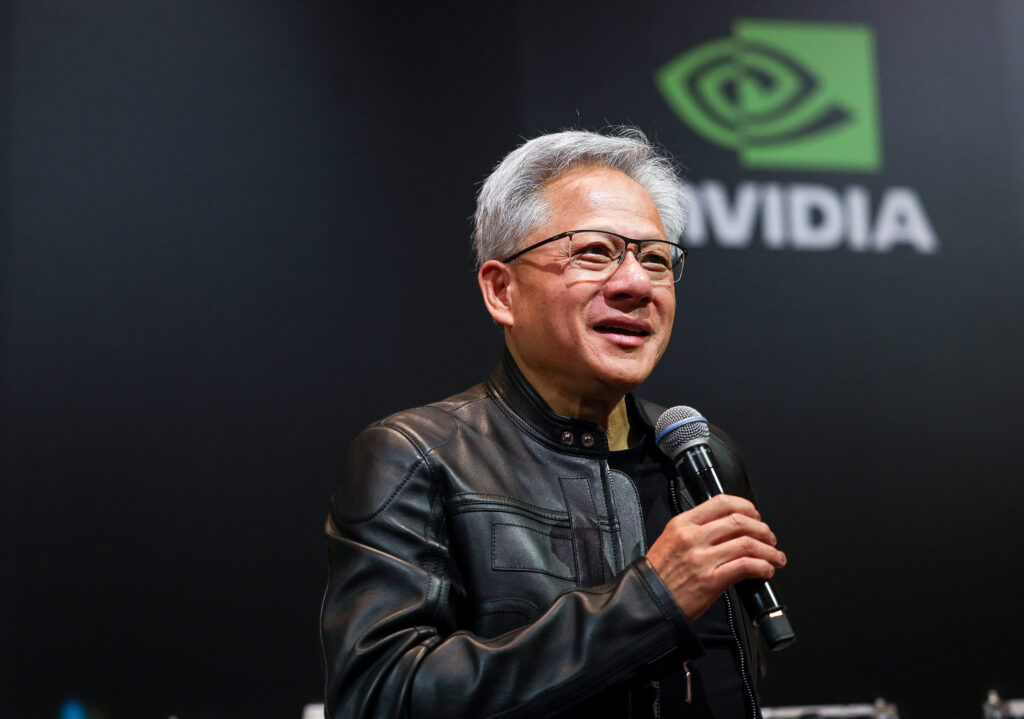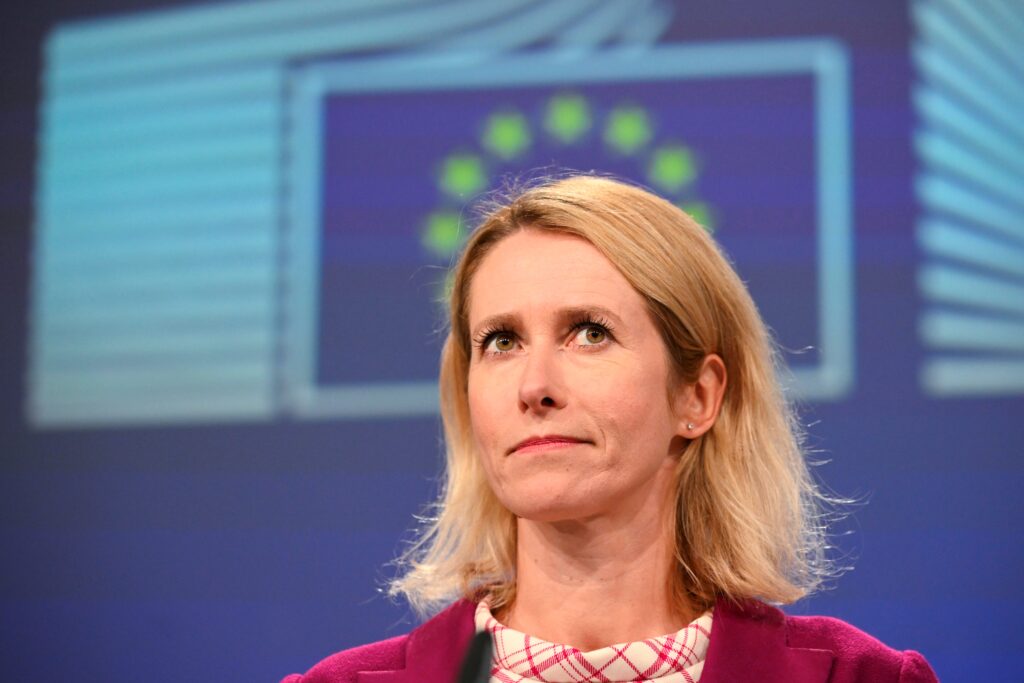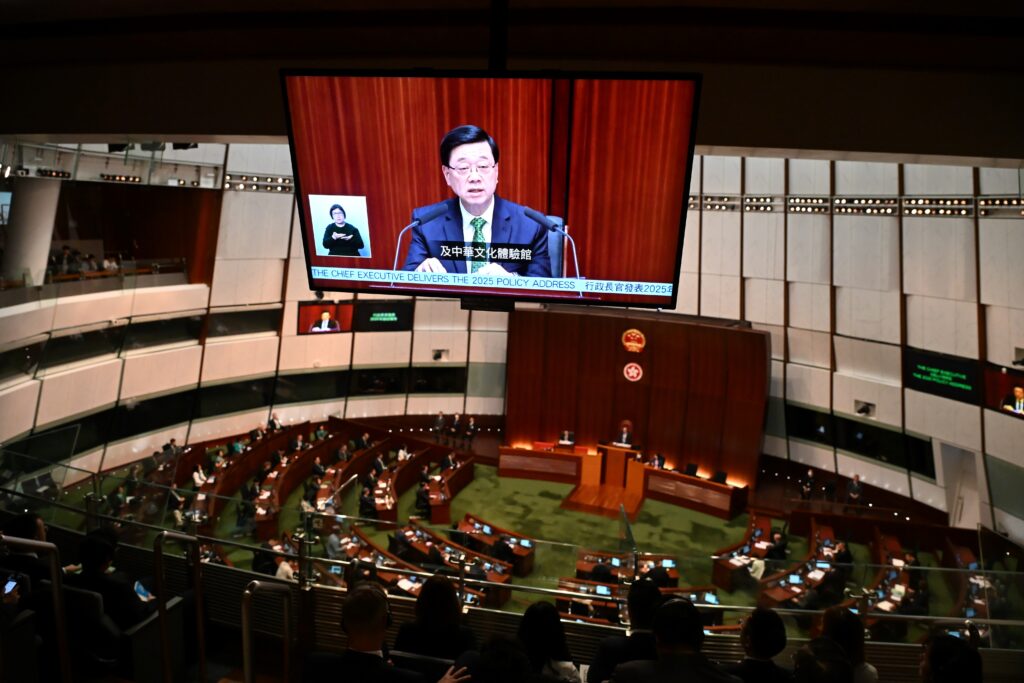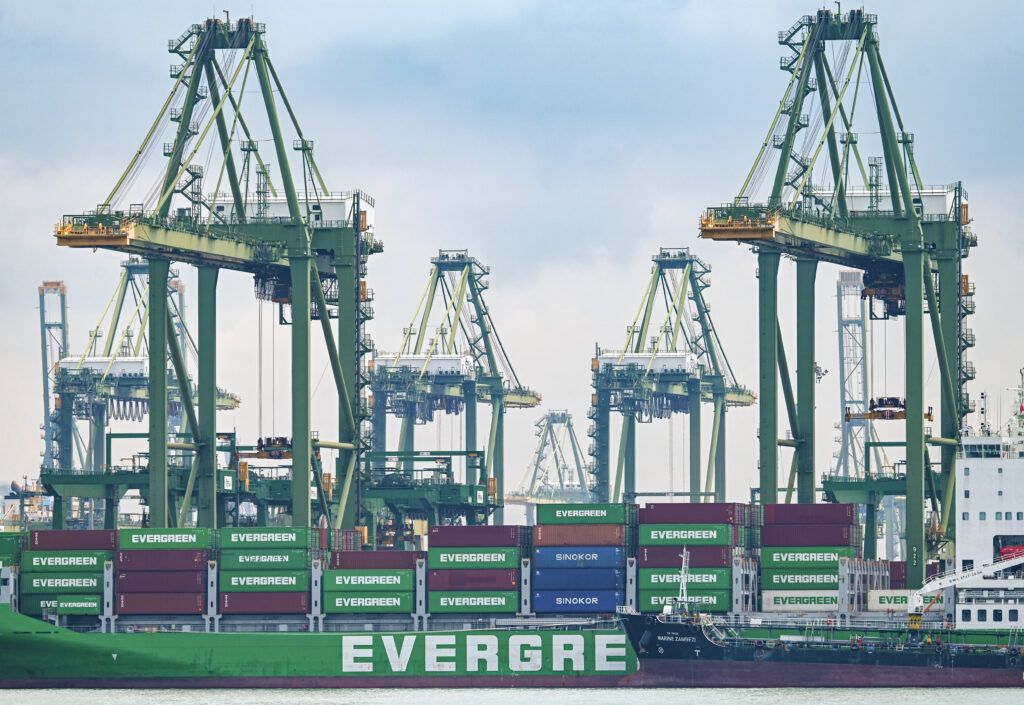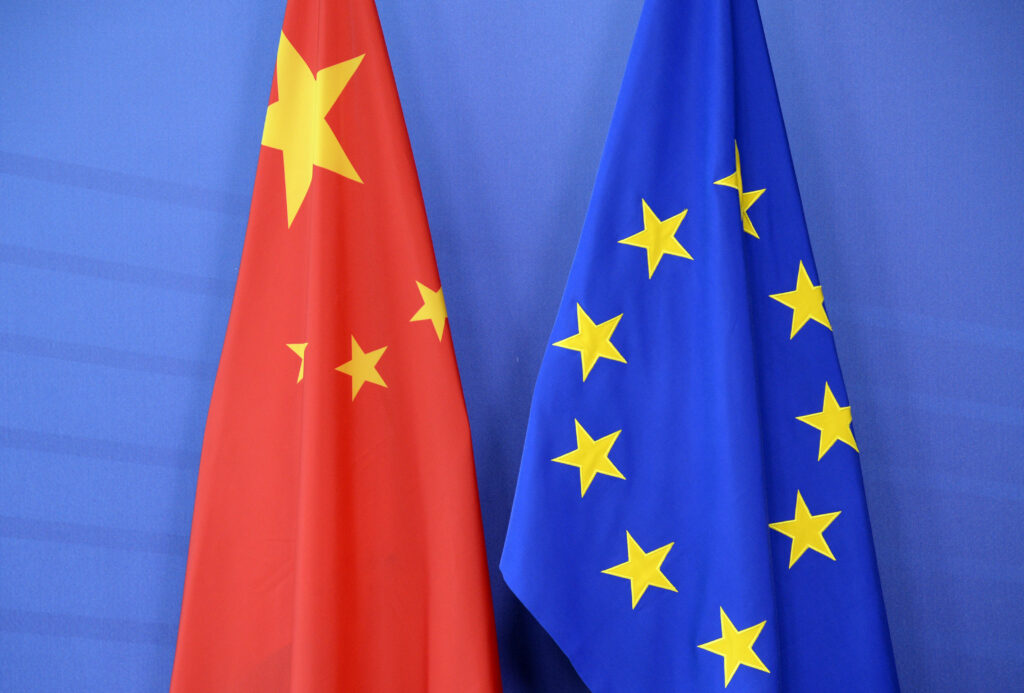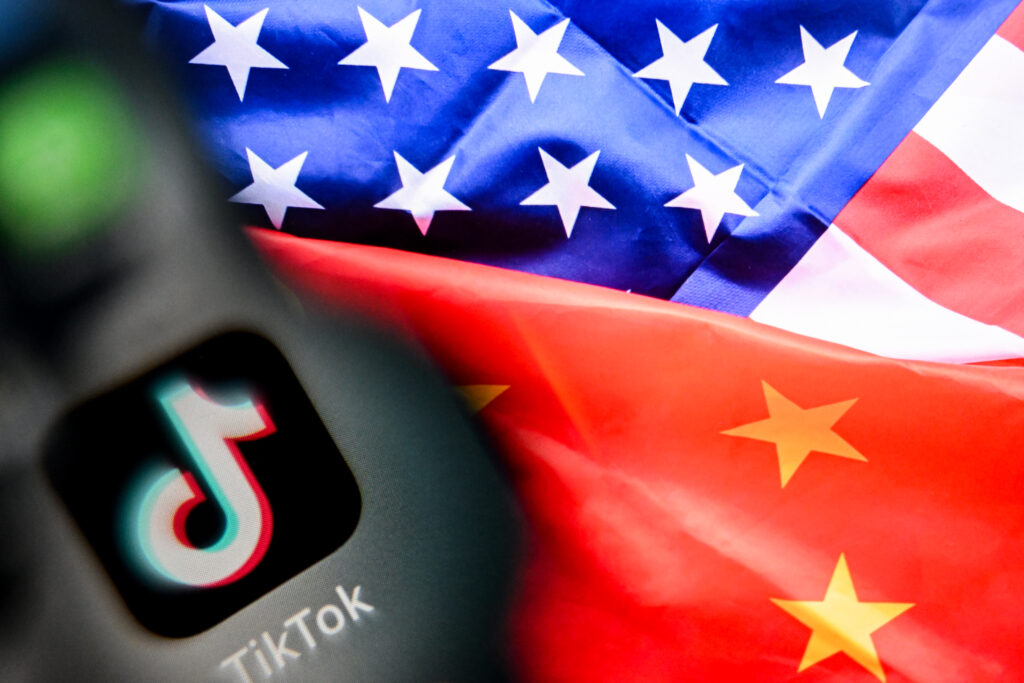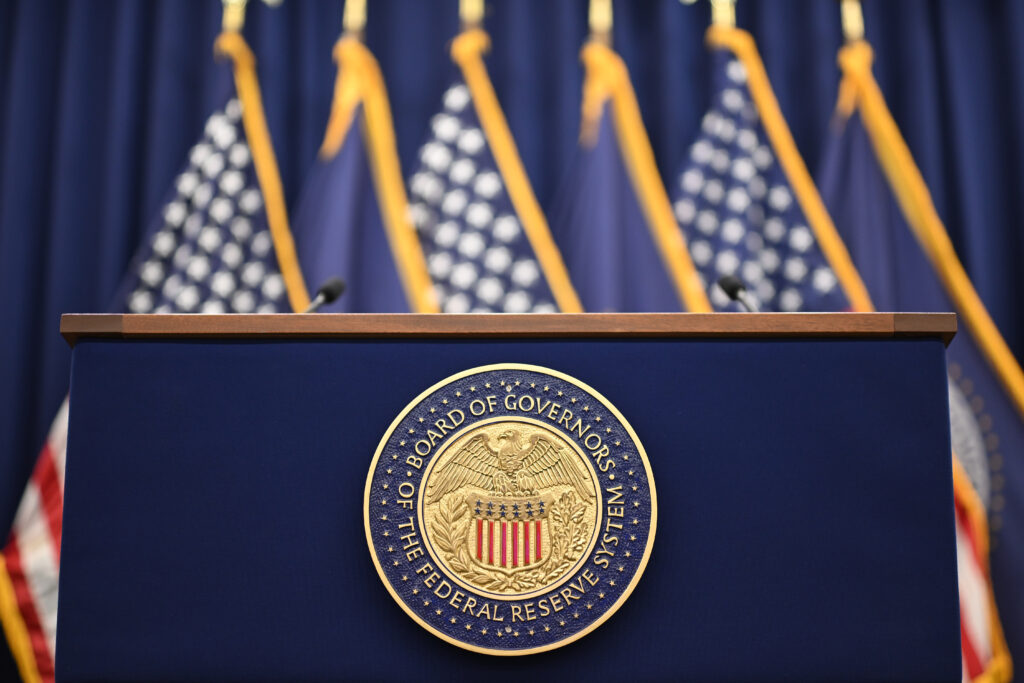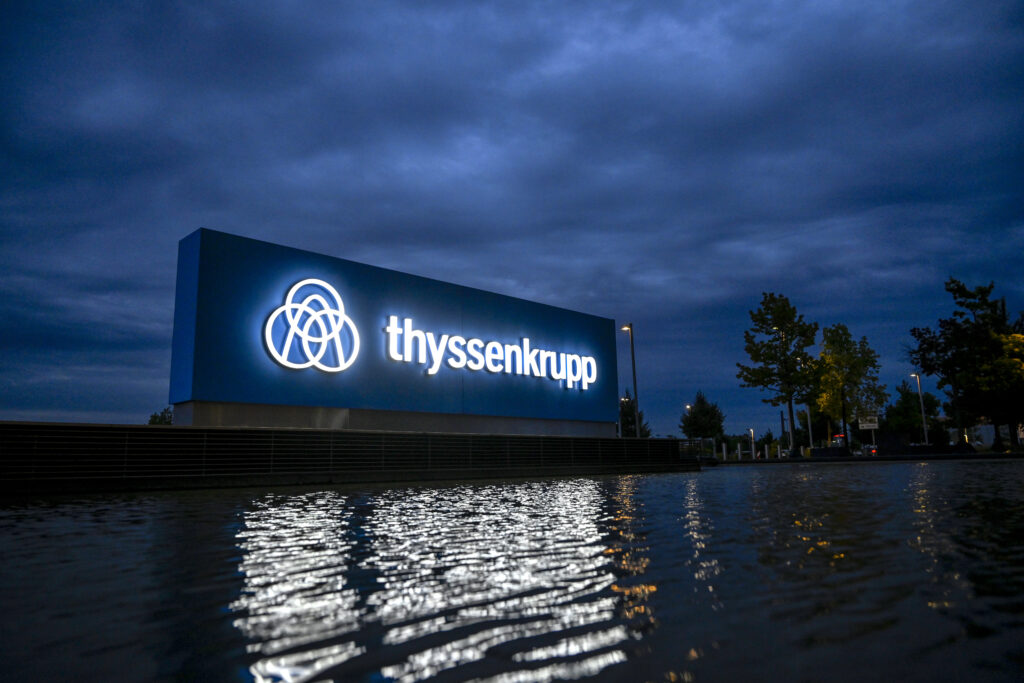Nvidia CEO disappointed over China chip ban report
Nvidia chief executive Jensen Huang on Wednesday said he was disappointed by a report that Beijing has barred major Chinese tech companies from buying his company’s world-leading chips, a crucial component in the generative AI revolution.California-based Nvidia’s specially designed chips have catapulted the company to become the world’s biggest by market capitalisation, with China seen as a crucial market.But geopolitical tensions between the United States and China have seen Nvidia caught up in relations between the superpowers.Washington restricts Nvidia from exporting its most advanced products to China and last month confirmed the company would pay the US government 15 percent of revenue from certain AI chip sales in the country.Beijing has responded by expressing national security concerns about Nvidia chips and urging Chinese businesses to rely on local semiconductor suppliers instead.In the latest development, the Financial Times reported on Wednesday that China’s internet regulator has instructed companies including Alibaba and ByteDance to terminate orders for Nvidia’s RTX Pro 6000D chips, state-of-the-art processors made especially for the country.”We can only be in service of a market if a country wants us to be,” Huang said at a press briefing in London, responding to a question about the FT report.”I’m disappointed with what I see, but they have larger agendas to work out between China and the United States. And I’m patient about it. We’ll continue to be supportive of the Chinese government and Chinese companies as they wish.”According to the FT, citing unnamed sources, the Cyberspace Administration of China ordered companies to end all testing and purchase plans for Nvidia’s restricted chips.The ban would follow a decision by Chinese regulators on Monday finding that Nvidia had run afoul of the country’s antitrust rules.Observers believe that Beijing’s moves to wean Chinese tech companies off Nvidia’s offerings are part of its effort to accelerate domestic production from companies like Huawei.
